Recent studies into the efficacy of CBD have demonstrated some promising results for those diagnosed with breast cancer. CBD may inhibit mass growth, thus decreasing the size of breast cancer tumors.
This non-psychoactive component of cannabis can also help alleviate the harsh side effects, such as nausea, pain, and vomiting, caused by many cancer treatments.
CBD (cannabidiol), a non-psychoactive compound from the cannabis plant, has drawn attention as a possible complementary therapy in breast cancer treatment. While it’s not a cure or replacement for standard oncology care, early research suggests CBD may have potential benefits for managing symptoms and possibly affecting tumor growth pathways. Here’s what current science tells us—and where the hype stops.
In cell and animal studies, CBD has demonstrated the ability to:
Slow tumor growth: CBD inhibited the proliferation of aggressive breast cancer cells and reduced metastasis in mice.
Trigger apoptosis: It promoted cancer cell death by increasing oxidative stress and altering survival signaling.
Enhance drug response: Some evidence suggests that CBD may boost the effects of chemotherapy drugs like doxorubicin, especially in treatment-resistant forms like triple-negative breast cancer.
However, these are preclinical findings. Human trials confirming these results are still limited or ongoing.
CBD may offer relief from several common side effects of breast cancer treatment:
Anxiety: A 2024 study showed CBD significantly reduced scan-related anxiety in women with advanced breast cancer.
Chronic pain: CBD interacts with cannabinoid receptors that influence pain perception, offering potential non-opioid relief.
Nausea and appetite loss: While THC has stronger anti-nausea effects, CBD may still help some patients manage appetite and digestive issues.
Generally, CBD is well tolerated, but there are important caveats:
Drug interactions: CBD can interfere with medications like tamoxifen by affecting liver enzymes (CYP450). This can reduce drug efficacy or increase side effects.
Quality control: Many over-the-counter CBD products are mislabeled or contaminated. Use only third-party tested products from reputable sources.
Dosing: There’s no standard dose. Effects vary based on weight, metabolism, and treatment stage. Always consult your oncologist.
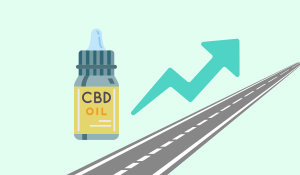
Therapeutic Uses of CBD Managing Chronic Pain with CBD Struggling with chronic pain? CBD might help. Studies suggest it can reduce inflammation and alleviate discomfort,...
Read More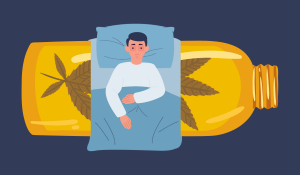
If you've ever wondered about using CBD for insomnia, you should know how CBD helps anxiety, stabilizes your sleep-wake cycle, and makes falling asleep easier.
Read More
CBD-infused salad dressing: Imagine a fresh, crisp salad enhanced with a light, herbaceous vinaigrette containing your daily dose of CBD. To create this, you’ll need...
Read More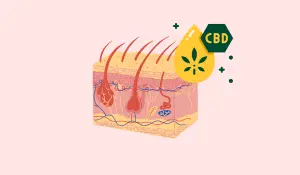
1. What Is CBD and Why Is It a Game-Changer for Skin Health? CBD (cannabidiol) is a natural compound extracted from the hemp plant. Unlike...
Read More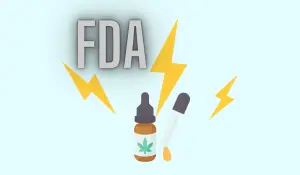
The Legal Landscape of CBD The 2018 Farm Bill and Its Impact The signing of the Agriculture Improvement Act of 2018, commonly known as the...
Read More
Breakthrough #1: CBD’s Role in Chronic Pain Relief Chronic pain robs people of precious moments. A 2021 study in the Journal of Pain Research highlights...
Read More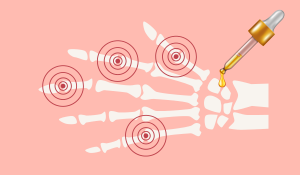
Understanding Arthritis Pain Arthritis is a chronic condition that affects daily activities, from opening jars to taking walks. Here’s a look at the two most...
Read More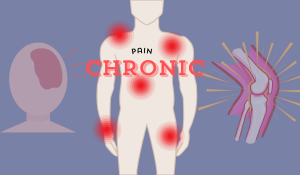
Types of Pain CBD May Alleviate CBD shows promise in managing various types of pain: CBD vs. Traditional Painkillers Traditional painkillers like opioids can be...
Read More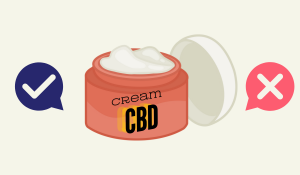
CBD Cream Side Effects – Focusing on Topical Applications How CBD Creams are Made Ever wondered how CBD creams come to life? It’s a fascinating...
Read More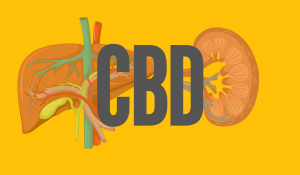
Concerns About Potential Side Effects on Liver and Kidneys Despite its growing acceptance, concerns about CBD’s effects on vital organs like the liver and kidneys...
Read More